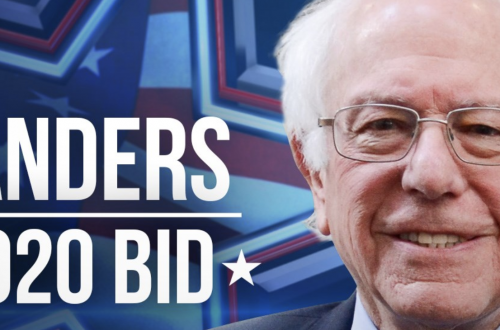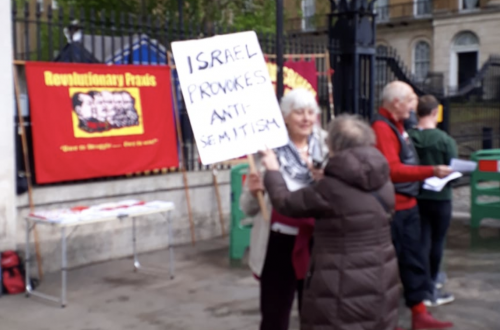Cross-posted from Ash C. at HonourMission
Last year we saw the first viable challenge in a generation to the dominance of the far left over race politics in the UK. Credible black thinkers like Dr Tony Sewell and Katharine Birbalsingh openly questioned the effectiveness of an ideological model that for nearly 40 years has cast BME people simply as victims of white ‘structural racism’. They pointed to the failure of this model to improve outcomes for certain sections of the BME population e.g. black Caribbean boys, and recognised legitimate concerns that the under-achievement of e.g. white working class boys is overlooked by the old model.
This was the backdrop to the Runnymede Race Debate 2011 which I attended recently. The Runnymede Trust is probably the leading independent organisation dealing with race issues in the UK, and certainly the most forward-thinking. Their annual debate puts cutting-edge ideas about race relations to the test.
The debate pitted Tony Sewell and David Goodhart (who published Sewell’s ideas in Prospect magazine) against an equally mixed race team comprising the Guardian’s Joseph Harker and Afua Hirsch. It is a measure of the importance of this debate that Runnymede was publicly criticised in advance for even holding it, by well-known sections of the black establishment who are standard bearers of the old model.
Runnymede’s chair Rob Berkeley wisely ignored these ‘noises off’ and their attempts to shut down honest and searching debate.
That said, the debate was somewhat rigged against Sewell and Goodhart. The audience was mostly composed of people affiliated to Runnymede, who take issue with Sewell’s contention that society is now ‘post-racial’. The motion for the debate- “That race is no longer a significant disadvantage in the UK“- was also fiendishly difficult for Sewell and Goodhart to win because of its provocative phrasing.
You can watch a handy 3 minute summary of the hour-long debate below:
Those with the time and inclination can watch the whole event on YouTube. Parts 1, 2, 3 and 4 cover the debate while 4, 5 and 6 cover the question and answer session afterwards (only moderately well moderated by the BBC’s Razia Iqbal in the chair).
I will leave you to make your own mind up as to how you would vote. My only piece of advice would be to view the different sides as complementary, rather than strictly adversarial. These are all people who genuinely want to see a change in outcomes for the most vulnerable in society, they just have different- and passionately held- views on the best way to achieve the change. Who won on the night? I won’t say, but here’s a hint: one side has fresh ideas that the moderate majority would recognise as sensible and effective… and the other side won by 51 votes to 10!
The contributions that have been made to the race debate by Tony Sewell, David Goodhart and also Katharine Birbalsingh (if you’re lucky you can glimpse her in the audience) over the last year cannot be erased or ignored, and it is to The Runnymede Trust’s credit that they gave them a platform. Judging by the discomfort of their opponents, they are on the right path.
As a footnote to this post, I would like to take issue with one of the arguments put forward in the debate. Joseph Harker somewhat clumsily sought to portray opposition to Islamism as ‘the new racism’ (Part 2, 7’20”), making a direct comparison with the racial tensions of the early 1980s. We need to be absolutely clear about this: Islam is not a race and criticism of its tenets does not constitute racism. Islam is proselytising religion which rightly takes pride in its openness to accepting converts from any race. Harker’s attempted slight-of-hand in calling anti-Islamism a ‘proxy racism’ because ‘nobody dislikes white Muslims’ is easily proved false: there are white Muslims whose behaviour is rightly condemned, not because of their skin colour but because of their religious extremism.
Those who are trying to co-opt Muslims into the race debate must allow a clear space for legitimate criticism of the tenets and practices of the Islamic faith.


